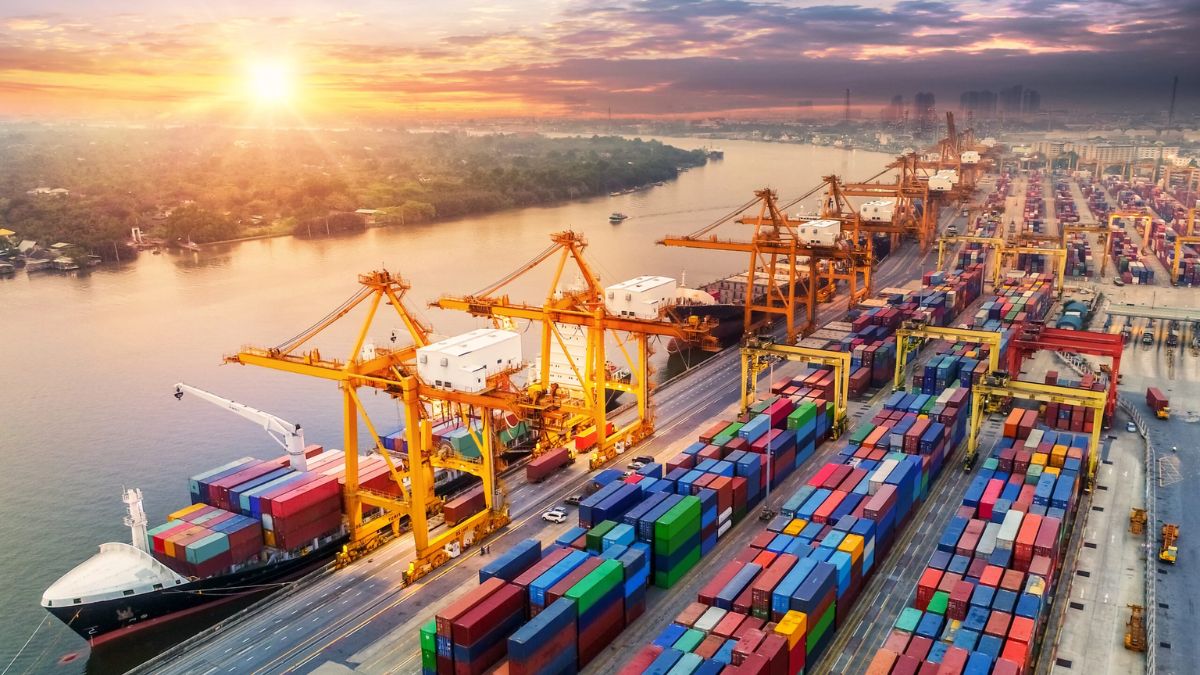The Indian government has taken a step towards modernizing the country’s maritime sector by introducing two key shipping bills in the Lok Sabha. The bills aim to overhaul existing legislation and align India’s maritime framework with global standards, thereby enhancing the efficiency and competitiveness of the nation’s shipping industry.
The two bills—The Coastal Shipping Bill, 2023, and The Merchant Shipping Bill, 2023—are designed to address various challenges within the sector, including the need for streamlined regulations and the promotion of coastal shipping as a viable alternative to road and rail transport. The Coastal Shipping Bill, in particular, focuses on easing regulatory procedures for the movement of goods along India’s extensive coastline, to reduce logistical costs and improve the overall efficiency of domestic shipping.
The Merchant Shipping Bill seeks to replace the century-old Merchant Shipping Act of 1958 with a more contemporary legal framework that addresses the complexities of modern maritime trade. This bill is expected to simplify procedures for the registration of ships, enhance the safety standards for vessels operating under the Indian flag, and strengthen the country’s ability to respond to maritime emergencies. The proposed legislation also emphasizes the importance of environmental sustainability, incorporating measures to prevent marine pollution and promote the use of green technologies in shipping.
Union Minister for Ports, Shipping and Waterways Sarbananda Sonowal, who introduced the bills, stated that these reforms are crucial for positioning India as a global maritime hub. He highlighted that the bills would not only attract more investments into the sector but also create job opportunities and boost the country’s economic growth.
The introduction of these bills has been widely welcomed by industry stakeholders, who see it as a long-overdue move to revitalize India’s maritime industry. However, some experts have called for careful consideration of the implementation strategies to ensure that the benefits of these reforms are fully realized across the sector.
In addition to the legislative changes, the government has also announced plans to invest in the modernization of port infrastructure across the country. This includes the development of new terminals and the upgrading of existing facilities to handle larger vessels and increased cargo volumes. These infrastructure improvements are seen as essential to supporting the growth of India’s maritime industry and ensuring that it can compete effectively on the global stage.
As the Lok Sabha debates these crucial pieces of legislation, there is a growing sense of optimism that the proposed changes could pave the way for a more dynamic and competitive maritime industry in India. The successful passage of these bills could also enhance India’s standing in the global maritime community, contributing to the country’s broader economic ambitions. Moreover, the bills are expected to provide a significant boost to the country’s “Make in India” initiative by encouraging domestic shipbuilding and reducing dependence on foreign vessels for coastal and international shipping.

